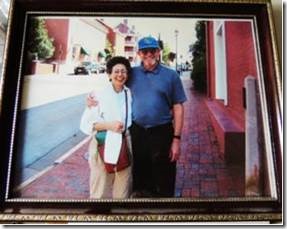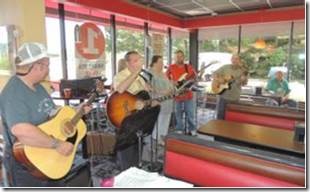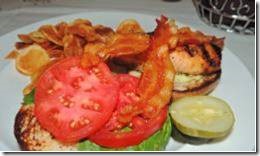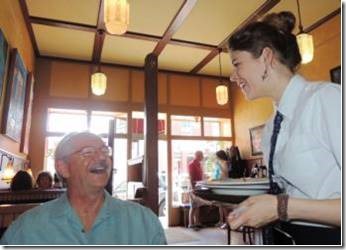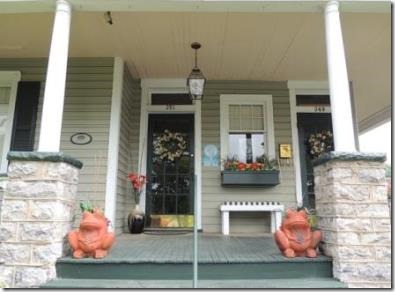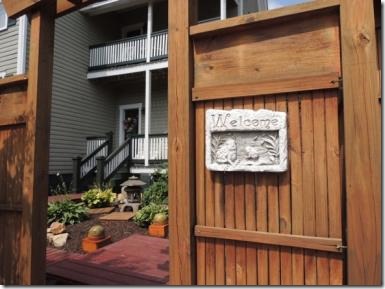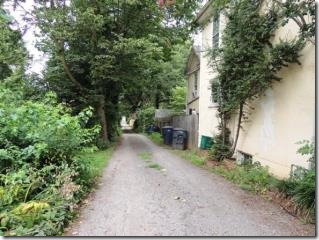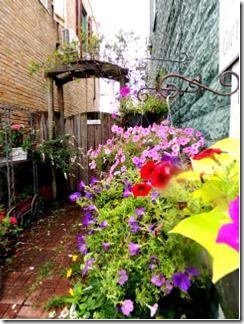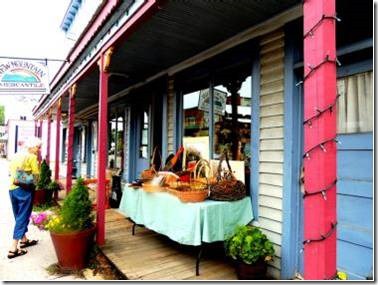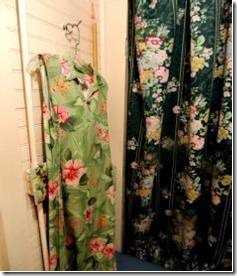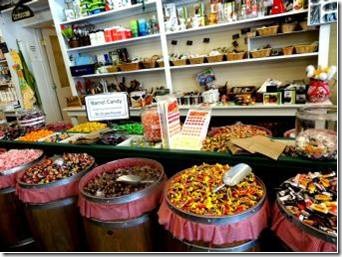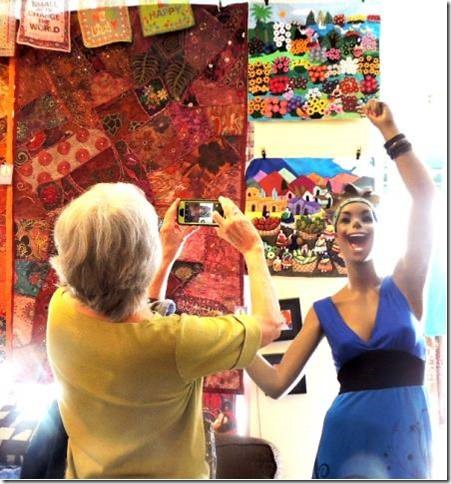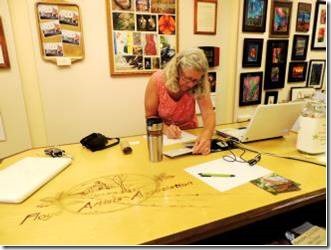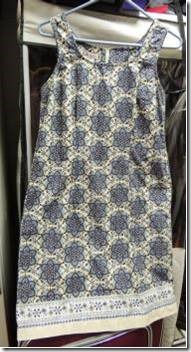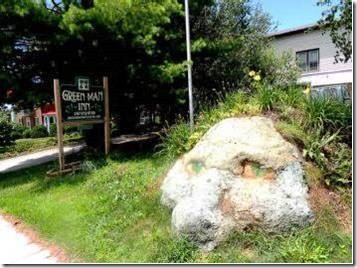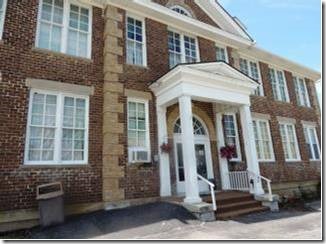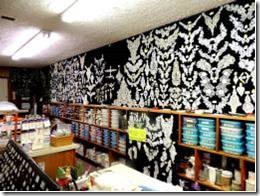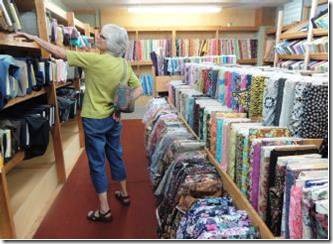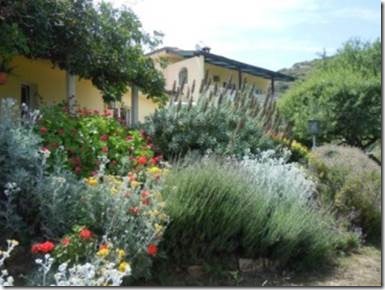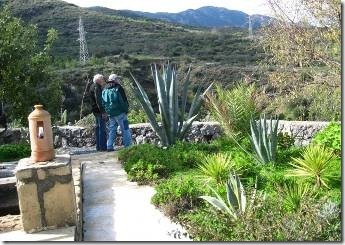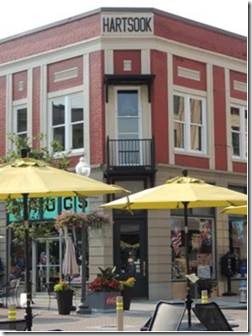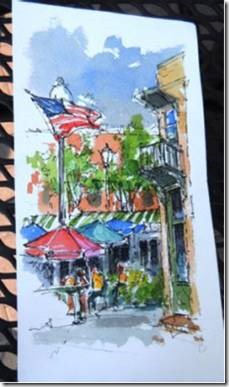Our land plan has been re-submitted making this the 3rd attempt which hopefully will be the charm! Randal is, as I type this, taking possession of another small tractor. And last Wednesday we bought a van! Our Israeli friend Eve said she knew she’d stopped being a ‘liveaboard’ and become a land lubber when she had lots of keys. Keys to an apartment; keys to a car, and other assorted keys. We definitely have lots of keys at this point.
While we were in Lexington with Linda and Ken I noticed some dedicated pavement blocks. It immediately brought to mind the Stolpersteine pavement stones Randal and I saw in Germany in memory of the Jewish families who had lived at that location. The Lexington paving stones tell a variety of stories about heroes, villains, and the horses they road in on. http://rockbridgereport.washingtonandlee.net/?p=12195 link has a short entertaining video about the historic paver blocks. I picked two pavers that peaked my interest.
Ru
DoraMac
Lexington, Rockbridge pay tribute to righteous and rascals
Posted: Friday, March 7, 2014 10:00 pm
By Luanne Rife | The Roanoke Times
“ LEXINGTON — When it comes to name-dropping, Lexington and Rockbridge County folks do it up righteously, laying claim to headliners of American history — Washington, Jefferson, Jackson, Lee, Marshall, Lewis and Clark — and for two of them, at least, the horses they rode in on.
Come spring, those names will be dropped among the brick pavers along Main and Washington streets in Lexington. It’s all part of a legacy project called The Righteous and Rascals of Rockbridge County…….
…….For now, the committee is using a website at http://rrrockbridge.org/ to explain the project and solicit funds. Many of the pavers have already been funded, but opportunity to fund a particular paver still exists.
“As you walk through the streets of downtown Lexington discover our historic pavers. Each one commemorates a “significant, deceased person in our local history whose work and deeds have left an important, interesting, and/or colorful mark on the Rockbridge community and beyond.”
To learn more about any Righteous or Rascal click on the STORIES tab. There you will find links to short biographies that expand on each paver’s engraved information with details about the person’s life and their connection to Rockbridge County. Also included are maps that direct readers to physical sites associated with that person.”
It also discusses how they distill the major facts and/or personality quirks to one small square.
|
I found a better write up about her on roots web so that’s what I’ve included here. “James and Mary Greenlee settled near what is now known as Timber Ridge. Here they ran a Tavern until James’ death in 1763. Mary Greenlee was known far and wide as a crazy lady, or even sometimes referred to as a witch. Since the Indians regarded crazy people as untouchable, she was allowed to move easily in and out of their camps. This proved to be a valuable asset to Mary. When Alice Lewis was captured and scalped by a band of Indians, all hope was lost by John Lewis and his wife Margaret. Mary Greenlee offered to go into the Indian camps and rescue her. Her price was a horse upon which to bring the girl back and which she could keep on return. The Lewis’ were elated, and Mary was able to perform the rescue. Contradiction occurs when one tries to decide if Mary was actually crazy, or merely feisty. The author concurs on feisty and intelligent. At age 97, the county courts called upon Mary Greenlee to give depositions regarding land ownership. They again requested her testimony three years later. Mary amazed the Justices of the Peace with her astonishing memory, giving many details of the early settlers. Her depositions left us much history which would have otherwise been lost to time. Mary moved near Natural Bridge to live near her son in 1780, she died on his farm at age 102. Her grave is located on his farm and marked by a larger marker. John McDowell lived in Borden’s Grant for only five years. He was killed in the first Indian/settler altercation within the present bounds of Rockbridge in 1742. Depositions given many years later by his son Samuel McDowell, have also been preserved among the Augusta County, Virginia Court records. http://www.rootsweb.ancestry.com/~varockbr/blazrock.htm |
|
Jewish history always attracts my attention and I found this all quite interesting so followed the story along to several internet sites. “As a VMI cadet, Ezekiel fought and was wounded in the 1864 Battle of New Market. He graduated in 1866 as the first Jewish cadet with a diploma from VMI. An internationally trained sculptor, Ezekiel was the first foreigner to win the Prize of Rome. He was widely known for his larger-than-life statues, such as Virginia Mourning Her Dead, placed at the VMI post next to the resting place of six cadets killed in the Battle of New Market. He died in Rome in 1917 and was buried there, later reinterred at Arlington National Cemetery. His grave lies in the Confederate section where the graves form concentric circles around Ezekiel’s work Confederate Memorial.The graves are marked with pointed headstones; it is said that Confederates believed that the points would stop the Yankees from sitting on them. http://rrrockbridge.org/moses-j-ezekiel-1884-1917/ Photo Wikipedia “One of the most striking monuments at the Arlington National Cemetery in Virginia, United States, is the Confederate Memorial. Commissioned by the United Daughters of the Confederacy, the Confederate Memorial was designed and executed by Sir Moses Jacob Ezekiel of Richmond, Virginia, the first great American Jewish sculptor, who was living in Rome. Ezekiel was 16 when Fort Sumter was attacked in 1861. An ardent believer in states’ rights, Ezekiel begged his parents to allow him to enroll at the Virginia Military Institute. They consented, and he became the first Jew to attend VMI. Three years later, when the cadets were summoned to aid Confederate General John C. Breckenridge at the Battle of New Market, Virginia, Ezekiel joined the cadet’s charge against Union lines. When the war ended, Ezekiel completed his studies at VMI and graduated in 1866. According to Ezekiel’s memoirs and letters, which repose at the American Jewish Historical Society, Ezekiel met General Robert E. Lee during this period. Lee counseled Ezekiel, “I hope you will be an artist … and do earn a reputation in whatever profession you undertake.” Living up to Lee’s injunction, Ezekiel won worldwide fame as a sculptor. Had he been born a century earlier, Ezekiel would almost certainly never have become a sculptor at all. Until the early 1800’s in America, the phrase “Jewish artist” was an oxymoron. American Jewish painters were rare and Jewish sculptors rarer still because of the Second Commandment’s prohibition against making images. By the time Ezekiel was born in 1844, however, most American rabbis interpreted the Commandment to mean that Jews should not worship graven images, as opposed to painting or sculpting them. By the 1860’s, Ezekiel was free to give three-dimensional expression to his Judaism without violating his faith. Judaism was a major theme of Ezekiel’s art. At age 13, he executed a bust of “Cain Receiving the Curse of the Almighty.” His second work, “Moses Receiving the Law on Mount Sinai,” collapsed during a storm, which disaster his grandmother, who remained a Second Commandment strict constructionist, attributed to divine justice. In the late 1860’s, Ezekiel studied painting and sculpture in Cincinnati and Berlin. In the latter city, his bas-relief “Israel” won a prestigious prize that enabled him to study in Rome. One critic, who took note of the fact that the talented young winner was a Jew, expressed the hope that Ezekiel “would disprove the prevailing notion that the race of Shem has no genius for the plastic arts.” Ezekiel became an expatriate, living in Rome for more than 40 years. Nonetheless, his most important sculpture commissions were for works erected in the United States. In 1876, the Independent Order of B’nai B’rith asked Ezekiel to create an allegorical sculpture of “Religious Liberty” for the Philadelphia Centennial Exposition. The resulting marble statue, featuring an eight-foot tall woman wearing a coat of mail against the shaft of tyranny, now stands outside the National Museum of American Jewish History in Philadelphia. Ezekiel’s work also adorns the Corcoran Gallery in Washington, D.C. and the Confederate Cemetery at Johnson’s Island, Ohio, among other sites, and he designed the seal of the Jewish Publication Society of America. In 1899, Rabbi Isaac Mayer Wise, the leader of American Reform Judaism and founder of Hebrew Union College in Cincinnati, posed for Ezekiel. Ezekiel’s father Jacob was the first secretary to the Board of Governors of HUC. Ezekiel did indeed “earn a reputation” as Robert E. Lee had hoped, and he proved that Jews could be sculptors. When the United Daughters of the Confederacy approached him to execute the Confederate Memorial at Arlington National Cemetery (1914), Ezekiel felt he could dictate the terms of his commission. He insisted that the Daughters give him full artistic license for the monument, which was based on the words of the prophet Isaiah, “And they shall beat their swords into plowshares and their spears into pruning hooks.” They agreed nervously to Ezekiel’s conditions, but were delighted with the results. As a tribute to the beauty of his work, Ezekiel was knighted by Emperor William I of Germany, and Kings Humbert I and Victor Emmanuel II of Italy –– hence his title “Sir.” Despite his Roman residence and his familiarity with celebrities and kings, no one remained a more loyal son of the South or proud American than this expatriate Jew from Richmond. When Ezekiel died Rome in 1917, he left behind a specific request that his body be returned to America and buried at the base of his confederate Memorial in Arlington, alongside his comrades-in-arms. https://www.jewishvirtuallibrary.org/jsource/biography/Ezekiel.html Born at Richmond, Virginia, on October 28, 1844, the son of Jacob and Catherine (deCastro) Ezekiel. He served as a Sergeant of Company C of the Cadets, Virginia Military Institute during the Civil War. After that service, he graduated from VMI in 1866. He then studied antomy at the Medical College of Virginia. He moved to Cincinnati in 1868 and visited Berlin, Germany, in 1869 where he studied at the Royal Academy of Art under Professor Albert Wolf. Admitted into the Society of Artists in Berlin on the merits of his colossal bust of Washington, the first foreigner to win the Prize of Rome. The Jewish Order, Sons of the Covenant, commissioned him in 1874 to execute a marble group representing religious liberty for the Centennial Exhibition in Fairmount Park, Philadelphia, Pennsylvania, and a monument of Jessie Seligmann for the Ophan Asylum in New York City. After 1886, his work became largely ideal. Among his productions are busts of Lizst and Cardinal Hohenlohe, Eve, Homer, David, Judith, Christ in the Tomb, a statue of Mrs. Andrew W. White for Cornell University, Madonna for the Church La Tivoli, Faith for the Cemetery of Rome, Apollo and Mercury in Berlin, Robert E. Lee, Pan and Amor, the Fountain of Neptune for the city of Netturno, Italy, a bust of Lord Sherbrooke for St. Margaret, Westminister, London, and scores of busts and reliefs. He also produced the Jefferson Monument for Louisville, Kentucky, the Homer Group for the University of Virginia, Virginia Mourning Her Dead at Lexington, Virginia, Napoleon I at St, Helena, a monument to Senator Daniel, Lynchburg, Virginia, and the Confederate Soldiers’ Memorial at Arlington National Cemetery. He was knighted by the King of Italy. He died in Italy on March 27, 1917, but because of World War I, he was not returned to the United States until 1921, at which time he was buried at the foot of the Confederate Memorial in Section 16 of Arlington National Cemetery. His funeral service was the first ever to be held in the Memorial Amphitheater, one of only a handful so held. http://arlingtoncemetery.net/ezekiel.htm http://arlingtoncemetery.net/csa-mem.htm shows the memorial and discusses the question of whether and how to honor the Confederate soldiers. http://www.richmond.com/news/article_58fa0134-5d49-59d3-816c-9d8498f64364.html 2012 article about Ezekiel |
|
This plaque has more of an historical story of our past. “Rockbridge Building across Main Street denoting that as the site of Shield’s Tavern, where in 1809 William Clark spent the night on his way to see Thomas Jefferson in Charlottesville.” |






